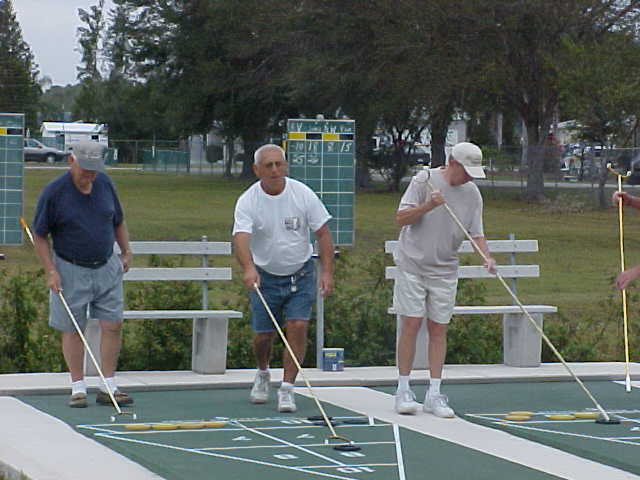Do you long to retire early and enjoy a life of leisure?
Not so fast.

A study from the national Health and Retirement Study followed about 12,000 retirees and found that those who worked part time or on a temporary basis were significantly less likely to be diagnosed with high blood pressure, diabetes, cancer, lung disease, heart disease, stroke, arthritis and psychiatric problems.
Why? If you think your job stresses you out, researchers say retirement can do it, too.
“The biggest factor here is stress. The loss of your regular working routine can be stressful – and studies have shown that diseases like cancer and heart disease can be stress related,” study coauthor Mo Wang, told O, the Oprah magazine.
That’s not all. Wang told HealthDay:
“There are tons of reasons why working is good for you,” said study co-author Mo Wang, an associate professor in the department of psychology at the University of Maryland. “When you work, you have a daily structure. You may do more physical activity. Working provides financial resources, social context, opportunities to interact and to learn new skills. Working can also be good for self-esteem and nurturing a sense of identity.”
I suppose this means the perfect retirement is a compromise: give up some of the intensity of your go-go-go career but do enough work to maintain a routine and connection to society. As a bonus, that’s also a buffer against your retirement investments going south in a bad economy. But the Health and Retirement Study shows this partial retirement approach is what most of us want — but it’s uncommon:
From the outset, the HRS has consistently shown that three out of every four older workers have said they would prefer to reduce hours gradually rather than retire abruptly. Nevertheless, the most common retirement pattern is from full-time
work to complete retirement. This pattern likely results from employers’ lack of flexibility about work hours (e.g., in accommodating older workers’ desire to work part-time).
Do you intend to stop working completely when you retire? Have you tried it? How did it work for you?
—–
Did you like this post?
Share it on Facebook / Twitter / Digg / StumbleUpon / Reddit / Fark / Del.icio.us


12 Comments
Matt Greff
Rene and I talk frequently about how we have no idea what “retirement” is going to look like for us. I think it’s shaping up as having sorted out our responsibilities and our staff’s responsibilities enough that we only do the parts of our jobs that we love and being afforded enough time to look for other fun adventures to get involved in whether they be business, charitable, or travel.
Colleen Newvine Tebeau
Then it sounds like you’re on the right track because that doesn’t sound too different from what you’re doing today — focusing on what you two do best, working with staffers you can trust with the rest, and seeking out life experiences like Mexico and India that make life more interesting.
When you start talking about opening a brewpub in Mexico where Rene serves her fabulous margaritas, that’ll be the next step toward quasi-retirement, right?
ray
I will never retire – there are too many things to accomplish, and there is always something new to tackle. I can’t imagine a life that is entirely based on leisure. It’s just not for me – I’d rather be working.
That said, some of that ‘work’ will be in tandem with my beloved wife – for example music making that we enjoy so much together. But retirement in the traditional sense is a non-starter.
margaret y.
Ha ha! Writers never retire and I never plan to. I’m going to die with a pen in my hand. It’s going to be great.
free online algebra calculator
i love it!
Mary Jane Hurley Brant
Lovely and informative article and so much rings true to the work I do with couples struggling with “the relationship” issues that are engaged when one or both retires. Too bad they didn’t measure what stress of retirement does to a marriage.
Here are my suggestions. If you can, work p.t. or get a schedule that gets you out of the house. For example, walk a mile a day, volunteer somewhere – no excuses here – visit someone who needs a hug, put on a great outfit (and throw out those old clothes!) and go to the library and stay there for the morning and give your spouse some space.
Believe me, you will both feel better when you meet for lunch and give each other a little kiss.
Leave a reply